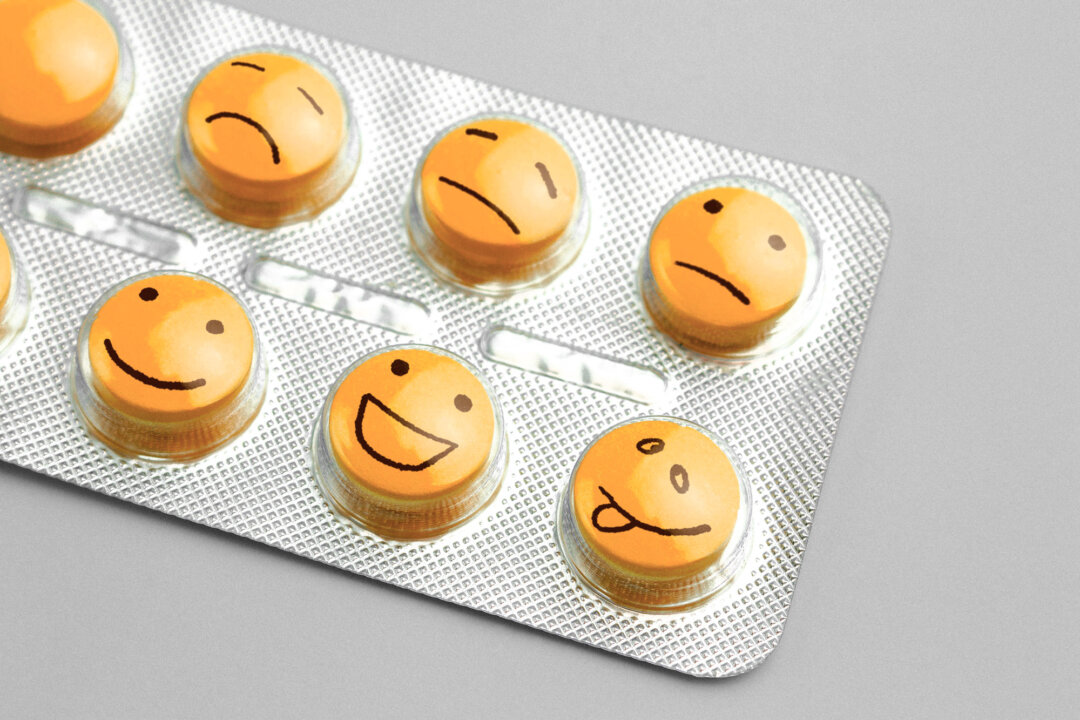A surgeon accused me of being a cocaine addict - in fact using nasal spray for my blocked nose had burned a hole in the tissue By JO WATERS Published: 11:48 BST, 24 April 2025 | Updated: 11:48 BST, 24 April 2025 e-mail View comments When a surgeon checked Curtis Arnold-Harmer’s nose he saw such extensive damage to the lining that he asked the father-of-one if he had been a habitual cocaine user. Yet the truth was infinitely more mundane. In fact the damage was down to the repeated use of nasal decongestants, which Curtis had first used to overcome the bunged-up sensation brought on by a cold.
Soon he was reaching for a spray several times a day as without it his nose would feel unbearably blocked – a sensation that suddenly seemed to be happening ‘a lot’, says Curtis, 29, a mental health practitioner who lives with his partner Natasha, 29, in Hastings, East Sussex, with their month-old baby girl. ‘My nose seemed to be stuffy all the time and I began to feel I had cement in my nostrils if I didn’t use the spray,’ he says. ‘It gave instant relief, but I needed it more and more.

’ Within six months of initially using the spray in January 2020, Curtis was buying three bottles a week. ‘My nose was completely blocked unless I used the spray and I had intermittent heavy sinus headaches,’ he recalls . What he didn’t realise was that it was the decongestant that was to blame for the stuffiness in his nose.
His overuse of the product had resulted in a condition called rebound congestion syndrome, caused by inflammation of the moist inner lining of the nasal cavity. Within six months of initially using the spray in January 2020, Curtis was buying three bottles a week His overuse of the product had resulted in a condition called rebound congestion syndrome, caused by inflammation of the moist inner lining of the nasal cavity Decongestant sprays work by constricting inflamed blood vessels in the nasal passage so relieving congestion. While in the short term this works well, if the spray is used beyond a few days the blood vessels in your nasal passageways can become sensitised to the ingredients in the spray – such as xylometazoline and oxymetazoline – and start to swell as the medication wears off.
That’s why using the sprays ‘for more than seven days can cause more harm than good’ according to a spokesperson for ENT UK, the professional body representing ear, nose and throat surgeons. ‘It can cause constant nasal blockage, a craving or dependence on the spray and damage to the sensitive lining of the nose,’ the spokesman warns. Other possible side effects include dryness, crusting, irritation, reduced effectiveness of the spray, and even sleep problems, anxiety, or palpitations.
Curtis ‘had no idea’ the spray he was relying on to relieve his symptoms was the cause of them. After a few months of non-stop nasal congestion, he went to his GP who prescribed him a nasal steroid spray – this works by reducing inflammation and swelling in the tissues of the nose. ‘Unfortunately, that didn’t work, so I continued with the nasal decongestant spray I’d previously bought – not realising at the time it was actually causing my symptoms,’ says Curtis.
Curtis has now started a petition to make the sprays prescription-only or pharmacy-only, so that people have to ask for them rather than being able to pick them up off the shelf In late 2020 Curtis’s GP referred him to an ENT surgeon for investigations, but warned there was a long wait due to the post-Covid backlog. In the meantime Curtis carried on buying the decongestant spray, which at around £4 to £5 a bottle were less than half the cost of a prescription. ‘I had bottles in every coat and bag when I was going out and my partner even carried one in her coat pocket too in case I forgot it,’ he recalls.
‘I had to use it at least every hour or my nose would block. I was completely dependent on it.’ Sleep became really difficult for Curtis: ‘I was mouth breathing as my nose was blocked and I’d had to wake up during the night to use my spray,’ he says.
‘There were a couple of occasions where my partner would have to wake me up as it appeared that I had stopped breathing. Sleep was just awful and of course I’d be shattered the next day.’ When he saw an ENT surgeon in the autumn of 2021 Curtis was told the cause of his congestion was actually the decongestant he’d been so diligently taking.
The decongestant spray had caused enlargement of turbinates – tiny shelf-like structures that stick out from the side walls along the length of the inside of the nose. These cleanse, filter and humidify air as it passes through – and when they become enlarged they obstruct the nasal passages causing a stuffy nose. Curtis was told his nose was so damaged by the decongestants overuse that he would need surgery to reduce the size of the turbinates.
‘When my surgeon had a look inside my nose, he said it looked like I’d been using cocaine since I was 18, as my nose was so swollen, red and inflamed inside,’ says Curtis. ‘I was shocked as I’d never used cocaine. I had no idea that decongestants could cause these sorts of problems.
’ He had the enlarged turbinates in his nose cauterised to reduce their size and no longer suffers with congestion. He posted about his experience on TikTok in February this year to warn others about the risks of over-using decongestants and his post received six million views worldwide. What’s more, he has had messages from thousands of others who have been similarly affected by the sprays.
Read More I almost ended my life due to antidepressants I was put on at 14, ditching them changed everything ‘One woman told me her husband had been using one for 40 years – the common thread was that people didn’t realise that overuse could actually be the cause of a blocked nose.’ The sprays do carry warnings to not use them for longer than seven days, but Curtis has now started a petition to make the sprays prescription-only or pharmacy-only, so that people have to ask for them rather than being able to pick them up off the shelf. Peter Andrews, a professor of rhinology at University College London and President of the British Rhinological Society, says only around 1 per cent of people who use nasal decongestants may be at risk of decongestant rebound syndrome.
‘As long as nasal decongestants aren’t used for more than a week, they are safe,’ he says. Sultan Dajani, a pharmacist based in Hampshire, says he would welcome decongestant sprays being made a pharmacy-only product (where you have to speak to a pharmacist before buying them), so people are made more aware of the risks of rebound congestion. ‘I often see customers who have been using these products for months and have to tell them that long-term use is the cause of the problem.
I advise them to stop using them to see if their nasal congestion clears – and in a lot of cases, it does. ‘Pharmacists can ask the right questions to work out what is causing the congestion and whether a decongestant is suitable or not, and when it might be time to see a doctor about it.’ Share or comment on this article: A surgeon accused me of being a cocaine addict - in fact using nasal spray for my blocked nose had burned a hole in the tissue e-mail Add comment Comments 0 Share what you think No comments have so far been submitted.
Why not be the first to send us your thoughts, or debate this issue live on our message boards. Add your comment Enter your comment By posting your comment you agree to our house rules . Submit Comment Clear Close Do you want to automatically post your MailOnline comments to your Facebook Timeline? Your comment will be posted to MailOnline as usual.
No Yes Close Do you want to automatically post your MailOnline comments to your Facebook Timeline? Your comment will be posted to MailOnline as usual We will automatically post your comment and a link to the news story to your Facebook timeline at the same time it is posted on MailOnline. To do this we will link your MailOnline account with your Facebook account. We’ll ask you to confirm this for your first post to Facebook.
You can choose on each post whether you would like it to be posted to Facebook. Your details from Facebook will be used to provide you with tailored content, marketing and ads in line with our Privacy Policy ..
Health

A surgeon accused me of being a cocaine addict - in fact using nasal spray for my blocked nose had burned a hole in the tissue

When a surgeon checked Curtis Arnold-Harmer's nose he saw such extensive damage to the lining that he asked the father-of-one if he had been a habitual cocaine user.















